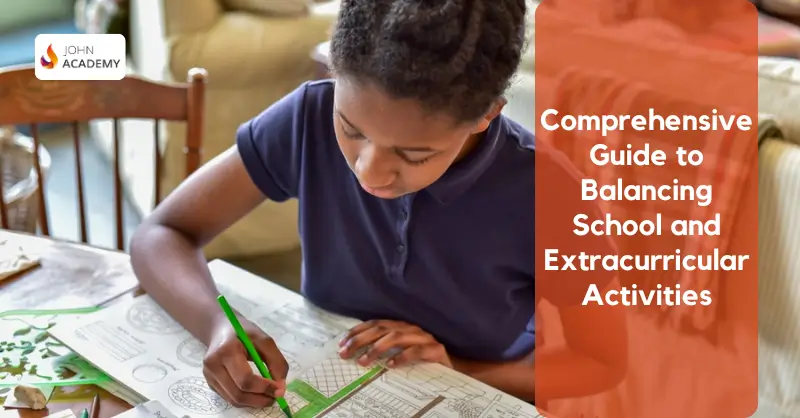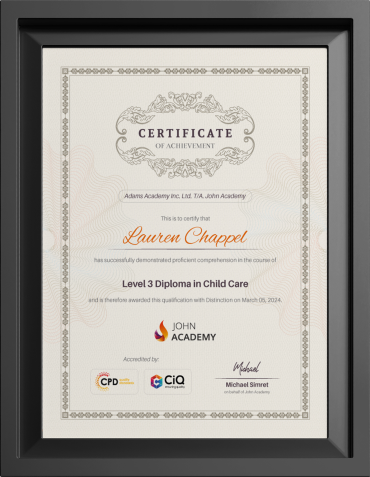

Many students find themselves juggling a demanding school schedule with a myriad of extracurricular activities, including participation in a research experience program. A research experience program offers students the opportunity to gain hands-on experience in their field of interest, enhancing their practical skills and understanding of real-world applications. While these additional pursuits can greatly enrich a student’s personal development and prospects, finding the right balance is crucial to ensuring academic success and overall well-being. Integrating a research experience program into one’s schedule requires careful planning and time management to reap its full benefits without compromising other commitments.
Prioritise and Set Clear Goals
Students should reflect on their long-term aspirations and consider which activities align most closely with these objectives. This might involve making tough decisions about which pursuits to continue and which to let go.
Encourage students to create a list of their current activities and rank them based on personal enjoyment, future relevance, and time commitment. This exercise can help identify areas where they might be overextended and guide decisions about where to focus their energy.
It’s also beneficial to set specific, achievable goals for both academic and extracurricular pursuits. These goals can serve as a motivational tool and a means of tracking progress throughout the school year.
Create a Structured Schedule
Creating a structured schedule is key to managing multiple commitments effectively. This schedule should include dedicated time for schoolwork, extracurricular activities, and importantly, rest and relaxation.
Start by blocking out non-negotiable commitments such as school hours and regular extracurricular meetings or practices. Then, allocate specific time slots for homework, revision, and independent study. Be sure to include buffer time between activities to account for travel or unexpected delays.
Digital tools can be particularly helpful for creating and maintaining schedules. These apps allow students to set reminders, track deadlines, and visualise their weekly commitments at a glance.
Develop Effective Time Management Skills
Developing strong time management skills is crucial for balancing various commitments. Encourage students to break larger tasks into smaller, manageable chunks and use techniques like the Pomodoro method (focused work intervals followed by short breaks) to maintain productivity.
Teaching students to prioritise tasks based on urgency and importance can also be beneficial. The Eisenhower Matrix, which categorises tasks into four quadrants based on their urgency and importance, can be a useful tool for this purpose.
Help students identify and eliminate time-wasters, such as excessive social media use or inefficient study habits.
Communicate Openly with Teachers and Activity Leaders
Open communication with teachers and extracurricular activity leaders is vital for maintaining balance. Students should feel comfortable discussing their commitments and any challenges they’re facing in managing their workload.
Encourage students to speak with their teachers about upcoming busy periods in their extracurricular schedule, such as performances or competitions. Many educators are willing to offer flexibility with deadlines or provide additional support if they’re aware of a student’s situation in advance.
Make Sure Your Child Has All The Revision Tools They Need
For parents supporting their children in balancing school and extracurricular activities, ensuring they have access to the right revision tools is crucial. This goes beyond just textbooks and stationery; it includes a range of resources that can enhance learning efficiency and effectiveness.
Consider investing in revision guides specific to your child’s exam board and subjects. These condensed resources can be invaluable for quick revision sessions between other commitments.
Digital resources can also be extremely helpful. Revision notes and past papers can make a huge difference. Save My Exams offers revision resources across various subjects, which can be easily accessed during short breaks or travel time to and from extracurricular activities.
Make sure your child has a quiet, well-organised study space at home. This might include a desk, good lighting, and storage solutions for keeping materials organised. Having a dedicated study area can help students transition more easily between academic and extracurricular mindsets.
Prioritise Physical and Mental Well-being
It’s crucial not to overlook physical and mental well-being. Regular exercise, adequate sleep, and proper nutrition are fundamental to maintaining energy levels and cognitive function.
Encourage students to incorporate physical activity into their daily routines, even if it’s just a short walk or stretching session. Young people should be getting about 60 minutes of exercise a day. Ensure students are getting enough sleep by establishing a consistent bedtime routine. Teenagers need between 8-10 hours of sleep per night for optimal functioning.
Mental health should also be a priority. Teach students stress-management techniques such as deep breathing exercises or mindfulness meditation. If a student is consistently feeling overwhelmed, don’t hesitate to seek support from school counsellors or mental health professionals.
Learn to Say No and Recognise Limits
An essential skill for maintaining balance is learning to say no to additional commitments when necessary. Help students understand that it’s okay to decline new opportunities if they feel their current workload is at capacity.
Encourage regular self-reflection to assess whether current commitments are still aligned with personal goals and whether the balance feels manageable. Students need to recognise signs of burnout, such as persistent fatigue, declining grades, or loss of enjoyment in activities.
It may be necessary to reassess their schedule and potentially scale back on some activities if they are consistently struggling to manage their commitments. Remember, it’s better to excel in a few areas than to spread oneself too thin across many.
Recently Published Blogs


Maximise Your Marketing Campaigns by Using Top Keyword Research Tools



What Happens After You Pass the Life in the UK Test: Next Steps for Immigrants



